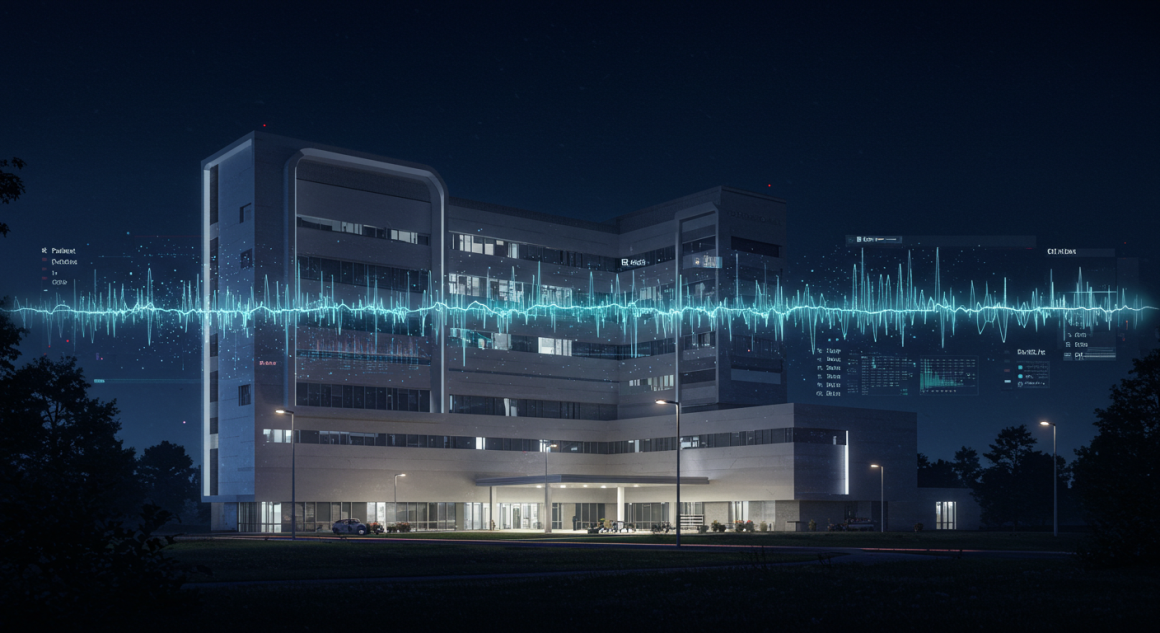In the grand theaters of medicine, the spotlight often falls on the dramatic crescendos — the life-saving surgeries in the ER, the miraculous recoveries from the brink. But in the UAE, a different kind of medical masterpiece is being composed. It is quieter, subtler, and infinitely more profound. It is a symphony not of reaction, but of anticipation; not of cure, but of prevention. And its conductor is not a single maestro, but an entire, meticulously orchestrated system.
This is the rhythm of resilience. It’s the quiet note played a decade before the crisis — the genetic screening offered to a young couple, identifying a predisposition and allowing for early intervention. It’s the gentle, AI-driven nudge on a smartphone app, reminding a busy executive to take a walk, to hydrate, to schedule that long-overdue check-up. It’s the community wellness hub opening in a Dubai suburb, not as a clinic, but as a vibrant space for yoga, nutrition workshops, and mental health support groups — turning health from a clinical obligation into a communal celebration.
The UAE’s healthcare leaders — the CEOs of M42, the directors of the Dubai Health Authority — aren’t just treating illness; they are composers, meticulously arranging a preventative score where every citizen is an instrument, and the melody is written in data, empathy, and foresight. The announcement of “advanced standards for oncology services” is not merely about better cancer treatment; it is the culmination of years of investment in early detection programs, in public awareness campaigns, in making screenings as routine as dental check-ups. It is about catching the discordant note before it becomes a cacophony.
The system understands that true health is holistic. It’s why a visit to a primary care physician might include not just a blood pressure check, but a conversation about sleep patterns, stress levels, and social connections. It’s why initiatives like Noor Dubai’s humanitarian health campaigns in the Philippines are not seen as charity, but as an extension of the national philosophy — that health is a fundamental human right, and that sharing knowledge and resources is the highest form of resilience.
Technology is the orchestra’s instrument, but humanity is its soul. AI algorithms analyze population health data to predict outbreaks or identify at-risk communities, but the response is always human — a community nurse making a home visit, a counselor offering support, a policy maker allocating resources. The gleaming new hospitals are impressive, but the real innovation lies in the networks — the seamless sharing of records between facilities, the telemedicine consultations that reach into remote villages, the mobile clinics that bring care to the doorstep.
This symphony is being written for the world to hear. The UAE isn’t just building a healthcare system for its own citizens; it is creating a model, a blueprint for the future of global health. International delegations visit not to see the latest surgical robot, but to understand how a nation can shift its entire focus upstream, from the costly, reactive business of treating sickness to the elegant, proactive art of cultivating wellness.
The world isn’t just watching; it’s taking notes. Because in the UAE’s quiet, determined composition — in the rhythm of screenings, the harmony of community care, the crescendo of technological innovation guided by human compassion — lies the answer to a question every nation faces: How do we build a future where people don’t just live longer, but live better? The UAE’s symphony of prevention is playing the tune, one resilient, healthy, perfectly timed note at a time.


Leave a Reply
You must be logged in to post a comment.